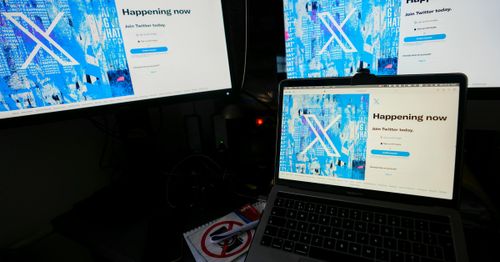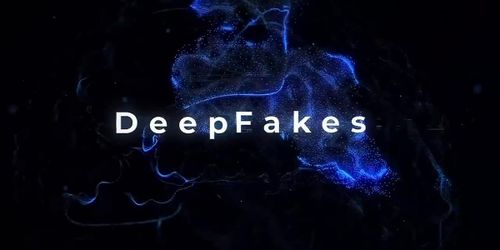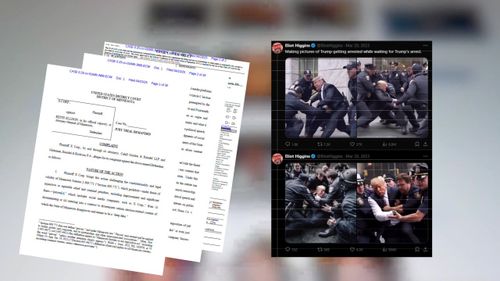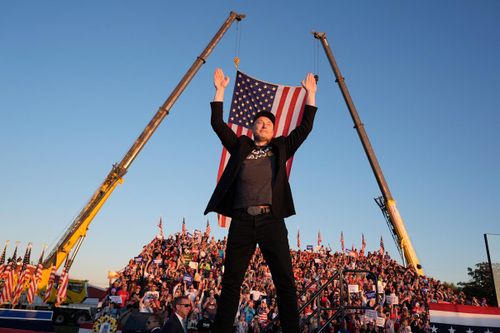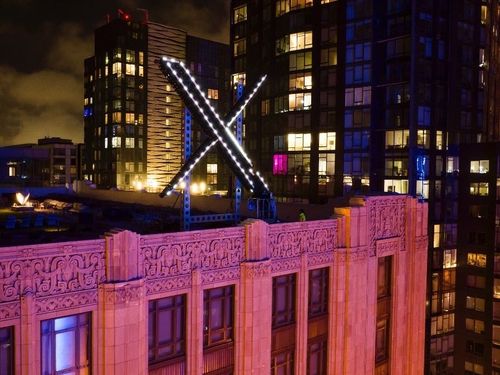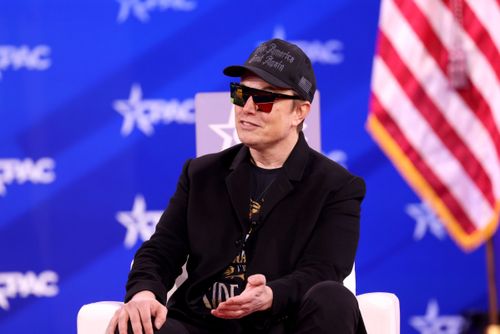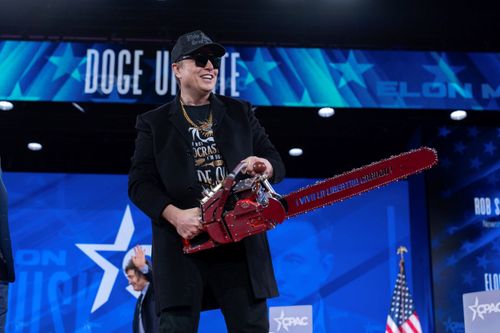Elon Musk's X sues Minnesota to stop law banning 'deepfakes' generated by AI
A Minnesota law bans the use of AI to create “deepfakes” to influence an election. Elon Musk's X is challenging the statute in federal court.
MIDDLE
Yesterday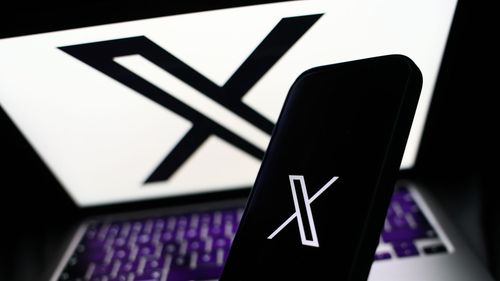
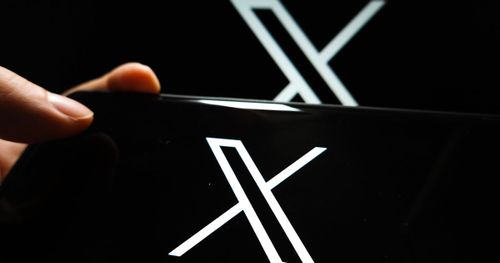
X, the Elon Musk-owned social media site formerly known as Twitter, is suing Minnesota Attorney General Keith Ellison over a state law regulating the use of "deepfakes" to influence elections. In a suit filed Wednesday, X argues the law violates its free speech rights and "will lead to blanket censorship, including of fully protected, core political speech." The company is asking a federal judge to declare it violates the First Amendment and block it from being enforced. The 2023 statute in question criminalizes "a person who disseminates a deep fake or enters into a contract or other agreement to disseminate a deep fake" to attempt to influence an election. But it only applies within 90 days of a political party's convention or after early voting is underway.
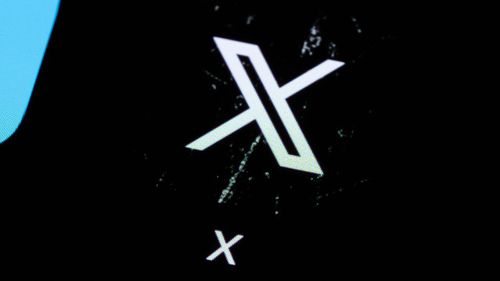
Elon Musk’s social platform X filed a lawsuit Wednesday over a Minnesota law prohibiting the sharing of deepfakes to influence an election, alleging it violates free speech. In the complaint, filed in federal court in Minnesota, X argues the law will “lead to blanket censorship, including of fully protected, core political speech.” The law, passed in 2023, defines a deepfake as videos, audio recordings or photos created with artificial intelligence (AI) tools to “realistically impersonate” a person without their permission or knowledge. Anyone who widely shares the deepfake within 90 days of an election could face criminal action.

Elon Musk’s X filed a lawsuit against Minnesota, accusing the North Star State’s sweeping law on artificial intelligence “deepfakes” of infringing on free speech rights guaranteed under the Constitution. Under Minnesota law, public broadcasters are held potentially liable for deepfakes circulating on their platforms within 90 days of elections. Deepfakes are videos, audio recordings, photos, and other content created through AI to impersonate someone realistically without their consent. On Wednesday, X sued Minnesota Attorney General Keith Ellison over the law, arguing that its requirements are “so vague and unintelligible that social media platforms cannot understand what the statute permits and what it prohibits, which will lead to blanket censorship, including of fully protected, core political speech.”

